TikTok Bans: Governments Worldwide Take Action Over Security and Privacy Concerns
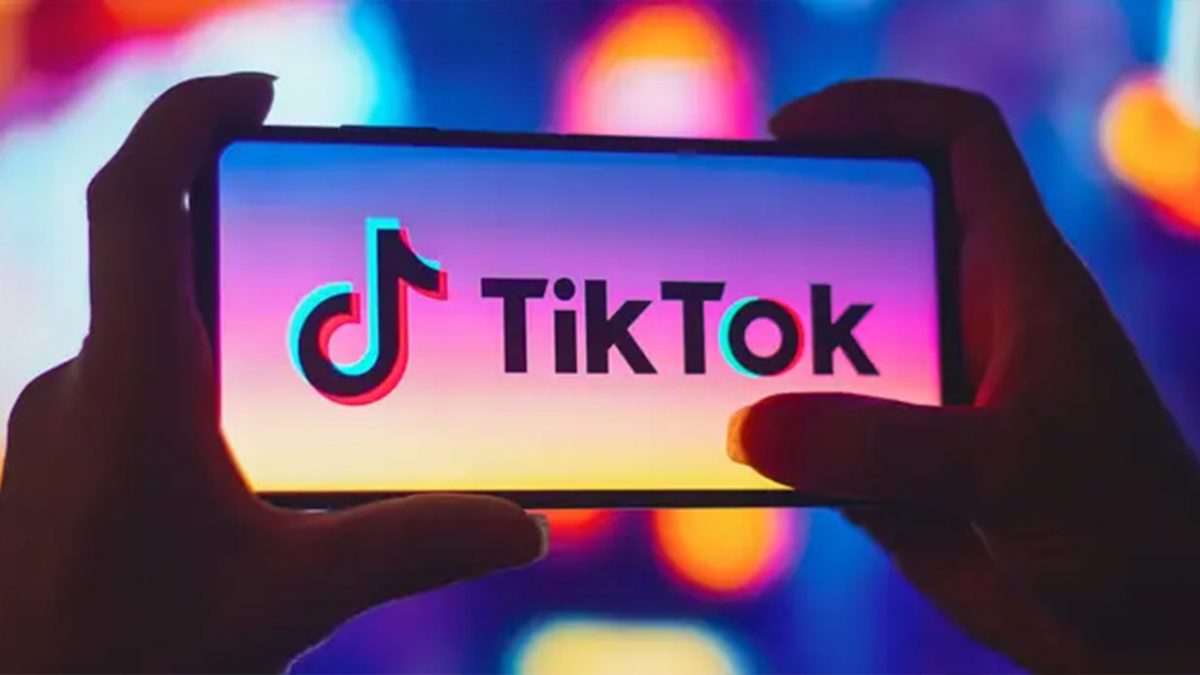
Which countries have banned TikTok and why?
This week, the United States and Canada have taken action to ban the use of TikTok on mobile devices issued by their respective governments due to increasing concerns about the app's privacy and cybersecurity. TikTok is a video-sharing app owned by the Chinese company Bytedance. Despite claims by the company that it does not share user data with the Chinese government and that the data is not stored in China, concerns persist.
TikTok denies allegations of collecting more user data than other social media platforms and asserts that it operates independently with its own management. However, numerous countries still exhibit prudence towards the platform and its relationship with China. Below is a list of countries and regions that have implemented either partial or complete prohibitions on TikTok:
India
In 2020, India enforced a ban on TikTok and other Chinese applications, such as the messaging app WeChat, citing concerns related to privacy and security. This ban occurred soon after a clash between Indian and Chinese troops at a contentious Himalayan border resulted in the death of 20 Indian soldiers and left many others injured. Although the companies were provided with an opportunity to address queries regarding privacy and security regulations, the ban was deemed irreversible in January 2021.
Related: Getting to know TikTok’s CEO
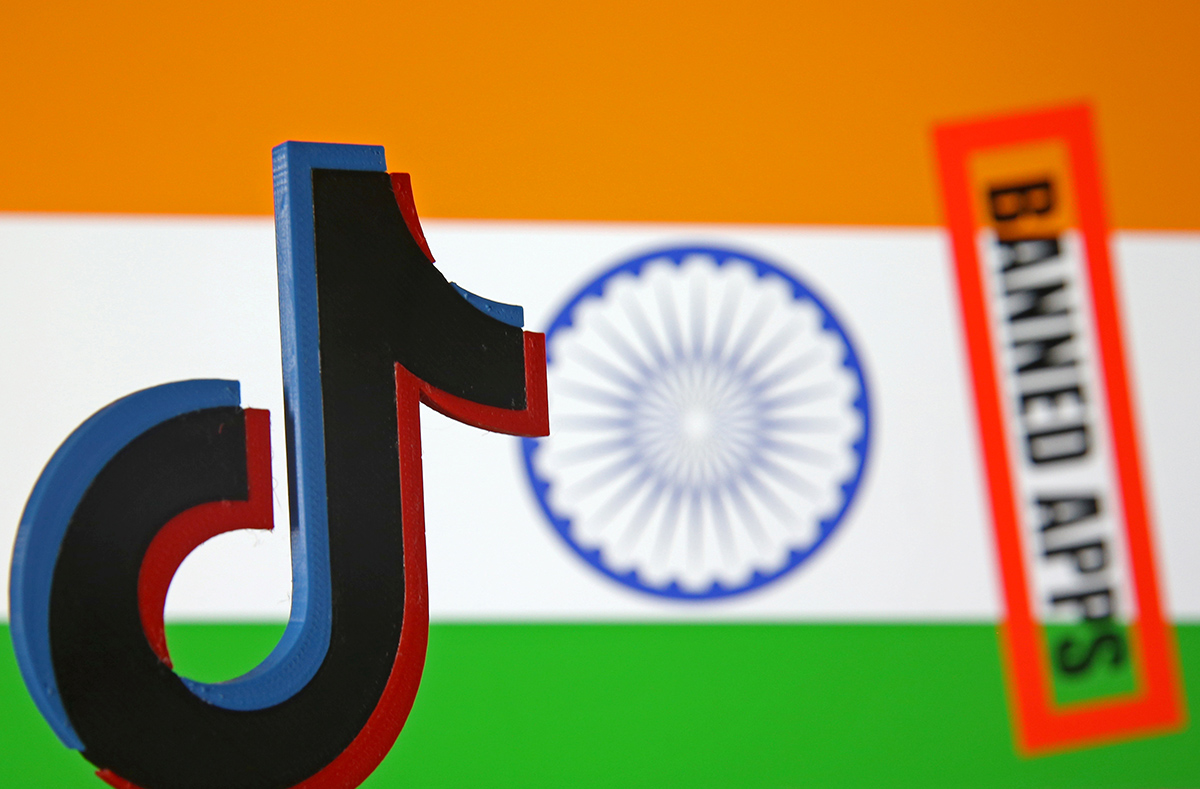
Taiwan
In December 2022, Taiwan implemented a ban on TikTok for the public sector following a warning from the FBI regarding the national security threat posed by the app. The ban restricts the use of Chinese-made software, including apps like TikTok, its Chinese counterpart Douyin, and Xiaohongshu, a Chinese lifestyle content app, on government devices such as mobile phones, tablets, and desktop computers.
The United States
This week, the United States instructed government agencies to uninstall TikTok from federal devices and systems within 30 days due to data security concerns. However, the ban only pertains to government devices, even though some lawmakers in the U.S. are pushing for a complete prohibition. China has criticized the U.S. for banning TikTok, alleging that it constitutes an abuse of state power and hinders businesses from other countries. Furthermore, over half of the 50 U.S. states have also barred the use of the app on government devices.
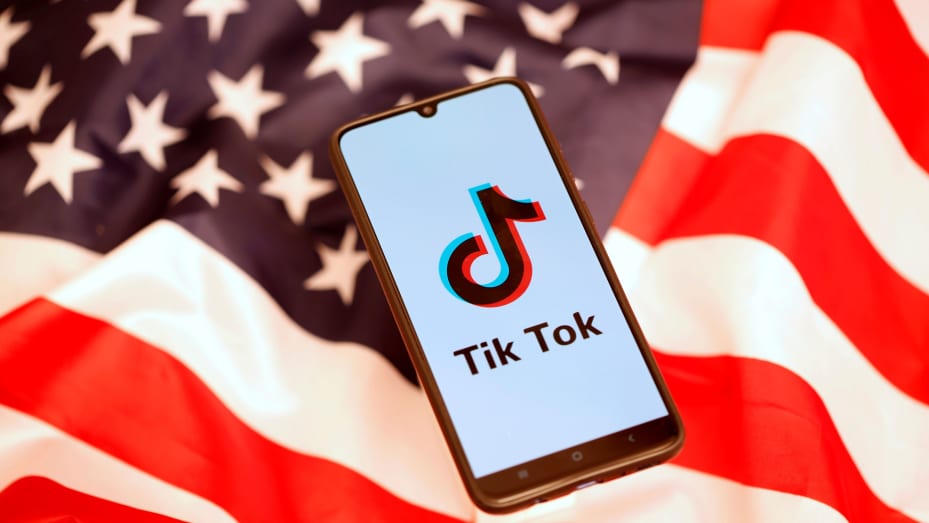
Canada
Canada's decision to ban TikTok on government-issued devices came after the United States ordered federal agencies to remove the app due to concerns over data privacy and security. In addition to banning the app on government devices, Canadian officials have also urged private citizens to exercise caution when using the app, warning that it could be used to collect sensitive information about users.
The European Union
The European Parliament, European Commission, and the EU Council, three of the highest governing bodies in the EU, have enforced bans on TikTok for staff devices. The European Parliament announced its ban on Tuesday, which will take effect on March 20. Additionally, the Parliament has recommended that lawmakers and staff remove the app from their personal devices.
Pakistan
Pakistani authorities have been intermittently banning TikTok since October 2020 due to concerns that the app contains indecent content that goes against the country's conservative values. The first ban was implemented after the Pakistan Telecommunication Authority (PTA) received several complaints about objectionable and immoral content on the platform. The ban was lifted after TikTok agreed to monitor and remove any such content. However, subsequent bans were enforced in January, March, and April 2021, with similar reasons cited. In some cases, the bans were lifted after TikTok agreed to remove specific content, and in others, the ban was revoked after the app agreed to implement additional measures to regulate content. Despite the intermittent bans, TikTok remains one of the most popular social media apps in Pakistan.
Afghanistan
The Taliban, which took control of Afghanistan in August 2021, announced the ban on TikTok and PUBG in January 2022. The ban on PUBG was imposed on the grounds that the game promotes violence and addiction, while the ban on TikTok was based on concerns that the app contained immoral and un-Islamic content that could negatively impact the country's youth. The Taliban's leadership believes that these bans are necessary to protect young people from negative influences and to promote traditional Islamic values. While some Afghan citizens have protested the bans, the Taliban has continued to enforce them, and those who violate the restrictions may face consequences under Taliban rule.

Conclusion
The popular social media app TikTok has faced growing scrutiny and bans from various countries worldwide due to concerns over privacy and security risks. Governments, including the United States, Canada, India, and Afghanistan, have taken steps to ban or restrict the app on government-issued devices, while private citizens have been urged to exercise caution when using the platform.
Despite the app's immense popularity, its ties to China and potential for data breaches have raised alarm bells for lawmakers and security experts. As such, the future of TikTok remains uncertain, and it will be interesting to see whether additional countries follow suit in banning or regulating the app.
Advertisement
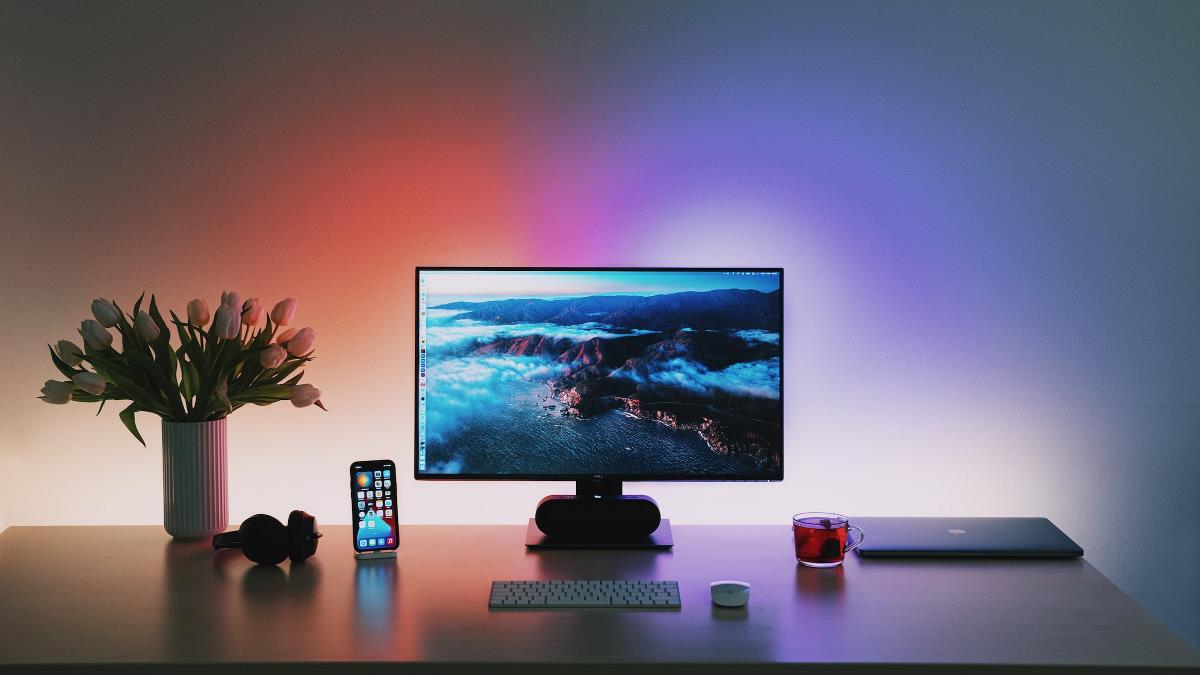



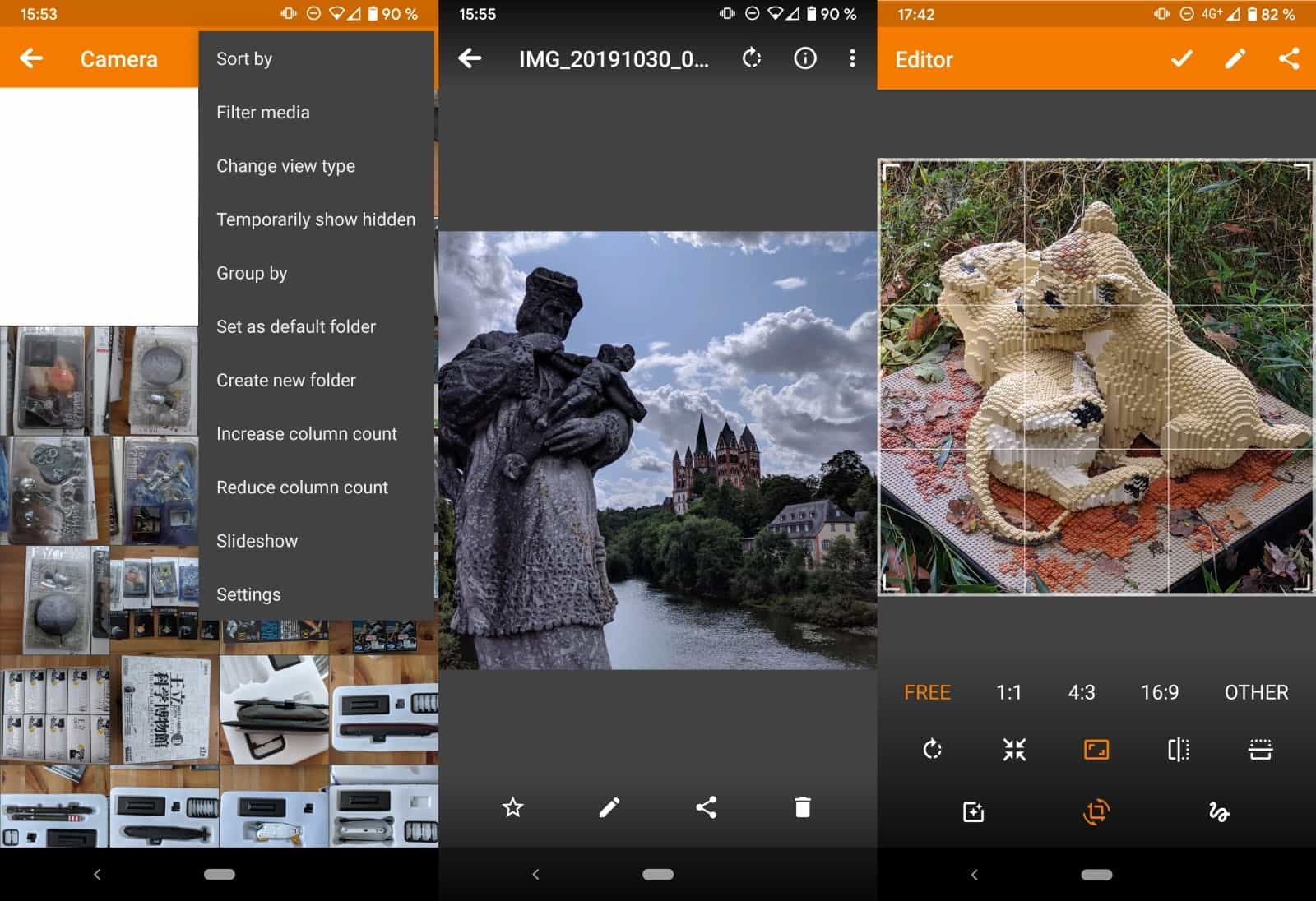




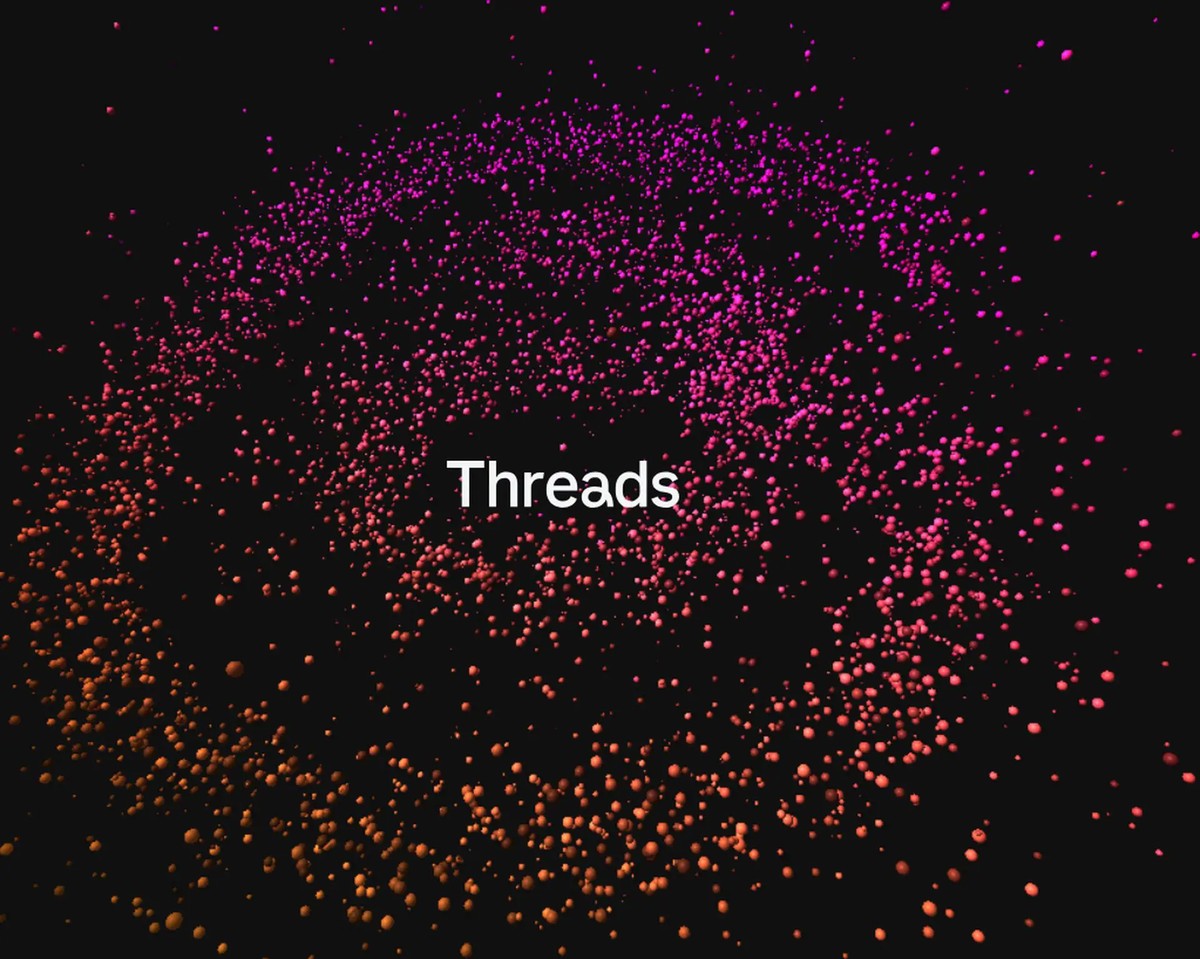











“Despite claims by the company that it does not share user data with the Chinese government and that the data is not stored in China, concerns persist.”
And while almost all of the world’s user data generally speaking is shared with, say, the US government and stored there, with nobody even denying that, concerns do not even seem to be worthy of being mentioned by the author.
these countries are US’s friends. they do everything that US tells them. there are more 50 countries in asia. there isn’t any contry from Africa or South America.
Bans, prohibitions, and even regulation ought to ALWAYS be questioned as too authoritarian in nature.
Even when the state is claiming so.
Except when the thing being banned has deep allegiance to the world’s most authoritarian state.